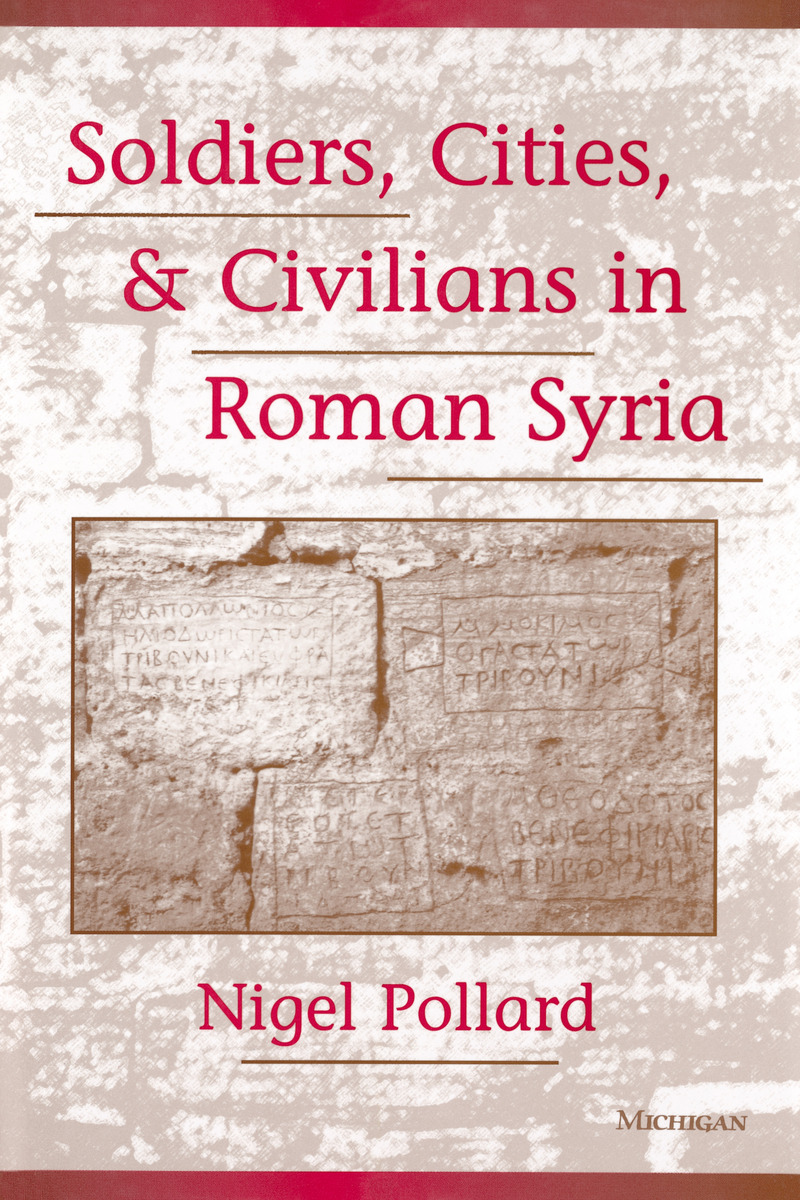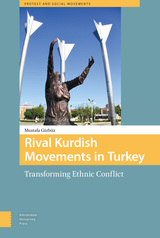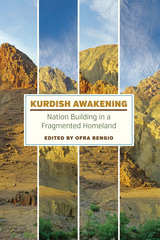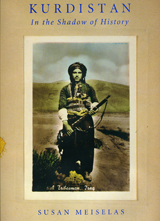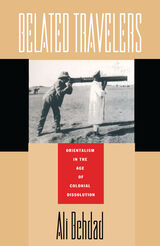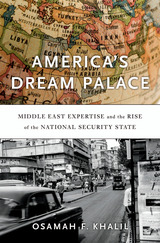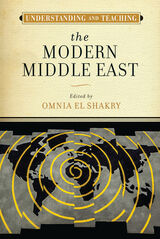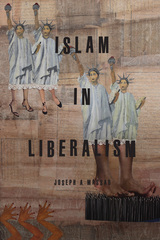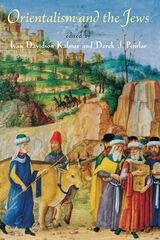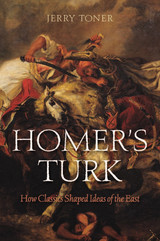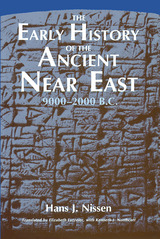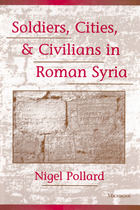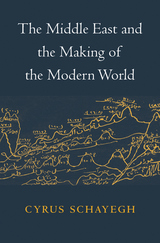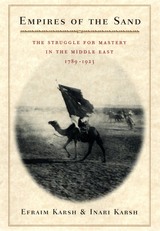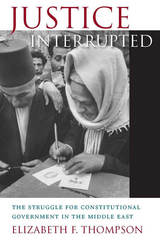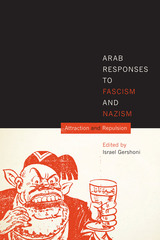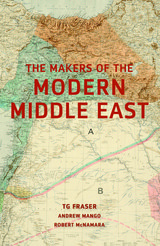Soldiers, Cities, and Civilians in Roman Syria
University of Michigan Press, 2000
Cloth: 978-0-472-11155-8
Library of Congress Classification DS62.2.P65 2000
Dewey Decimal Classification 939.4
Cloth: 978-0-472-11155-8
Library of Congress Classification DS62.2.P65 2000
Dewey Decimal Classification 939.4
ABOUT THIS BOOK | AUTHOR BIOGRAPHY | REQUEST ACCESSIBLE FILE
ABOUT THIS BOOK
When one mentions "empire," one place probably comes to mind: Rome. The Romans conquered an empire that covered almost the complete extent of their known world. With a territory that large, there was, of course, a huge cultural diversity between the different corners of the empire. How could the central authority in Rome bring together all the different cultures, religions and customs under one administrative umbrella? Soldiers, Cities and Civilians in Roman Syria explores some of the interactions between the imperial authority and the subjected peoples in the territory of Syria. It looks at how the imperial power controlled its subjects, how the agents of the imperial power (administrators, soldiers, etc.) interacted with those subjects, and what impact the imperial power had on the culture of ruled territories. The Roman empire had few civilian administrators, so soldiers were the representatives of imperial government to be encountered by many provincial civilians. Soldiers, Cities and Civilians in Roman Syria employs the evidence of Roman texts and documents and modern archaeological excavation as well as "alternative" sources, such as the literature of the subject peoples and informal texts such as graffiti, to examine the relationship between soldiers and civilians in the important frontier province of Syria.
Nigel Pollard is currently a Research Assistant at the Institute of Archaeology, University of Oxford.
Nigel Pollard is currently a Research Assistant at the Institute of Archaeology, University of Oxford.
See other books on: Army | Cities | Empire, 30 B.C.-476 A.D | Soldiers | To 622
See other titles from University of Michigan Press
